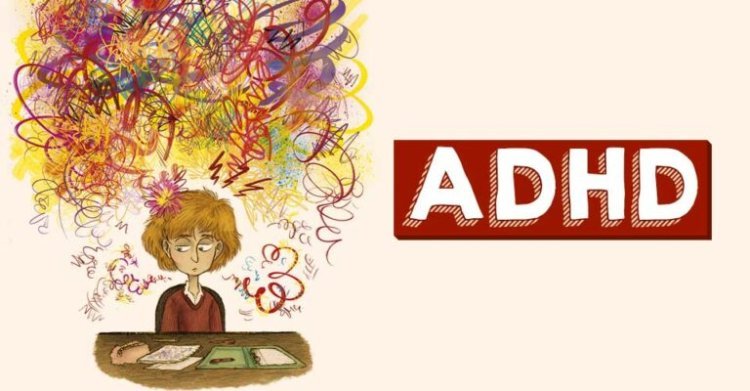Natural Remedies for ADHD: Myth or Reality?
Discover insights into ADHD: symptoms, treatments & coping strategies. Empower yourself with knowledge on managing ADHD effectively.

Attention Deficit Hyperactivity Disorder (ADHD) is a neurodevelopmental disorder characterized by inattention, hyperactivity, and impulsivity. It affects people of all ages but is often diagnosed in childhood. While medication and therapy are conventional treatments, there's growing interest in natural remedies. But do they truly work, or are they just myths?
1. The Rise of Natural Remedies
In recent years, there has been a surge in interest in natural remedies for various health conditions, including ADHD. This shift is driven by concerns about the side effects of traditional medications and a desire for more holistic approaches to health.
2. Herbal Supplements: Sorting Fact from Fiction
Herbal supplements like ginkgo biloba, ginseng, and St. John's wort are often touted as natural remedies for ADHD. While some studies suggest they may have benefits for certain individuals, the evidence is not conclusive. It's essential to consult with a healthcare professional before trying any herbal supplement, as they can interact with other medications and may not be safe for everyone.
3. The Role of Diet and Nutrition
Dietary changes, such as eliminating artificial additives and food dyes or increasing omega-3 fatty acids and protein intake, are often recommended as natural remedies for ADHD. While there is limited scientific evidence to support these claims, some individuals report improvements in symptoms after making dietary changes. However, more research is needed to determine the effectiveness of dietary interventions for ADHD.
4. Mind-Body Therapies: Calming the Mind
Mind-body therapies like mindfulness meditation, yoga, and tai chi are gaining popularity as natural remedies for ADHD. These practices can help improve focus, reduce impulsivity, and promote overall well-being. While they may not be a standalone treatment for ADHD, they can be beneficial as part of a comprehensive treatment plan.
5. Exercise: Energizing the Body and Mind
Regular physical activity is essential for overall health and well-being, and it may also help alleviate symptoms of ADHD. Exercise can increase dopamine and norepinephrine levels in the brain, neurotransmitters that play a key role in attention and focus. Incorporating exercise into daily routines can be an effective natural remedy for managing ADHD symptoms.
6. Sleep Hygiene: Restoring Balance
Sleep problems are common in individuals with ADHD and can exacerbate symptoms. Practicing good sleep hygiene, such as maintaining a consistent sleep schedule, creating a relaxing bedtime routine, and creating a conducive sleep environment, can help improve sleep quality and overall well-being. Adequate rest is crucial for managing ADHD symptoms effectively.
7. Environmental Modifications: Creating Supportive Spaces
Making modifications to the environment can help individuals with ADHD manage their symptoms more effectively. This includes minimizing distractions, organizing tasks and belongings, and creating routines and structure. By creating a supportive environment, individuals with ADHD can enhance their ability to focus, stay organized, and regulate their behavior.
8. Conclusion: Finding What Works
While natural remedies for ADHD may hold promise for some individuals, it's essential to approach them with caution and skepticism. What works for one person may not work for another, and it's crucial to consult with healthcare professionals before making any significant changes to treatment plans. Ultimately, finding the right combination of treatments, whether conventional or natural, is key to effectively managing ADHD and improving overall quality of life.
What's Your Reaction?















